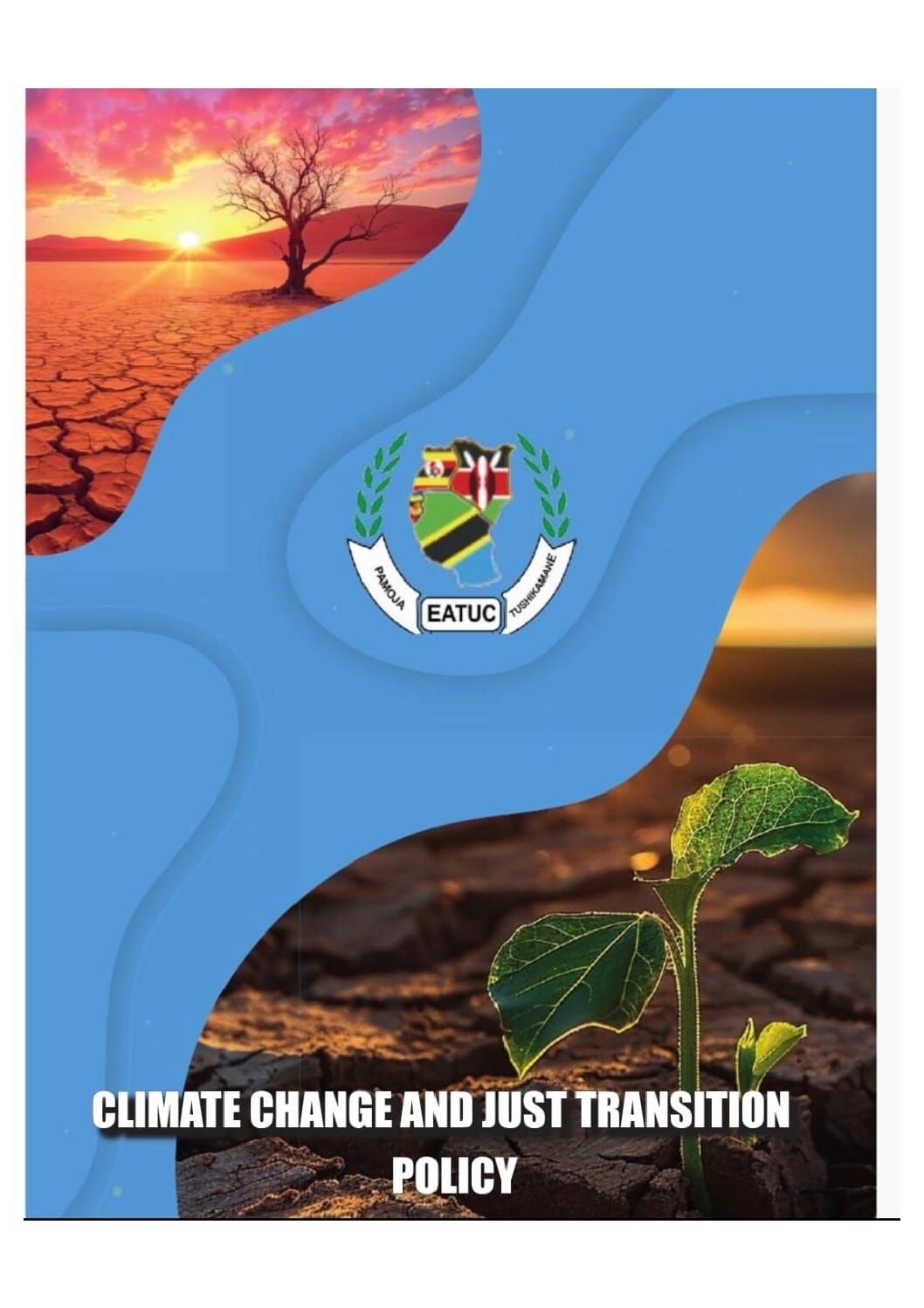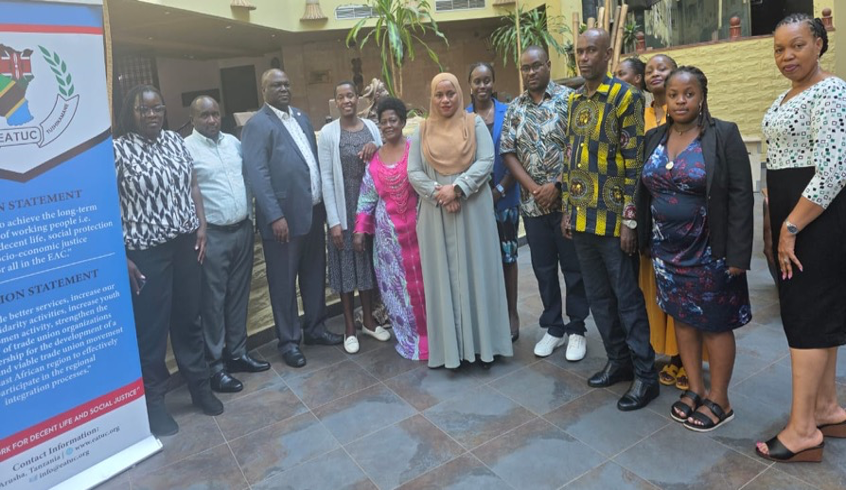Manual on Organizing Informal Economy
EATUC’s efforts in addressing the informal economy began nearly a decade ago, initially focusing on youth unemployment in East Africa and the push for universal social protection. Throughout these discussions, the informal economy and its precarious working conditions consistently posed a challenge to trade unions in their efforts to address unemployment and extend social protection.
The global conversation surrounding an ILO instrument to regulate the informal economy was long overdue, and EATUC worked alongside its constituencies to build their capacity to influence these discussions, including through EATUC’s participation in forums discussing Recommendation 204.
EATUC’s journey in the informal economy has been supported by ILO-Actrav, both technically and financially, to strengthen the capacity of affiliates to engage with and address informal economy issues. This has included the dissemination of Recommendation 204 at both the leadership and technical levels within EATUC.
In our initial work, every conclusion and recommendation always circled back to the importance of organizing. We could not claim to represent the informal economy if our affiliates were not actively organizing within it.
MANUAL-ON-ORGANIZING-THE-INFORMAL-ECONOMY-FINAL-11








